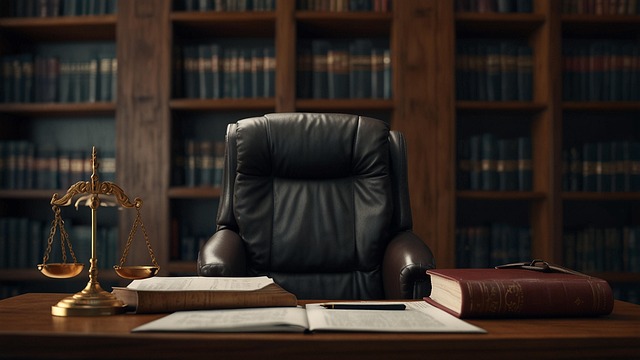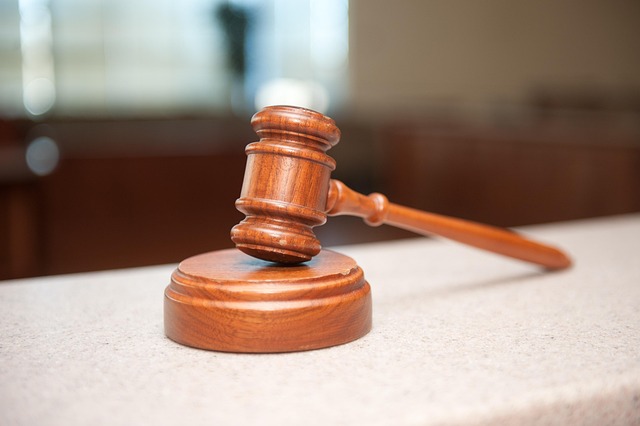Criminal law enforcement plays a vital role in maintaining justice and resolving false advertising cases, impacting both victims and businesses. To effectively 'sue for false advertising', follow these key steps: gather evidence of misleading claims and harm, identify the responsible party, consult legal experts who understand industry standards, and present a strong case with solid proof. Immediate actions like preserving documents and consulting specialists are crucial to protect against criminal charges, especially in large-scale fraud cases. Winning verdicts requires unwavering commitment to protecting your rights.
Criminal law enforcement plays a vital role in protecting consumers from fraudulent activities, including false advertising. This article provides an in-depth overview of how law enforcement agencies safeguard the public and maintain market integrity. We explore key aspects such as the legal framework behind false advertising charges, practical steps individuals can take when facing these accusations, and the potential for legal recourse through lawsuits. By understanding these processes, consumers and businesses alike can navigate the complexities of false advertising with confidence, knowing there are mechanisms in place to hold offenders accountable, including steps to sue for false advertising.
- Understanding Criminal Law Enforcement: An Overview
- The Role of Law Enforcement in Protecting Consumers
- When is False Advertising a Crime?
- Steps to Take When Facing False Advertising Charges
- Legal Recourse: Suing for False Advertising
Understanding Criminal Law Enforcement: An Overview

Criminal law enforcement is a complex and multifaceted field that involves the prevention, investigation, and prosecution of crimes. It’s a cornerstone of any society, aiming to maintain order, protect citizens, and ensure justice. Understanding this process is crucial for both victims seeking resolution and businesses navigating legal complexities. For instance, when a company faces allegations of false advertising, it’s essential to know how criminal law enforcement operates to take the necessary steps to sue for false advertising.
The general criminal defense strategy includes avoiding indictment by presenting a robust case that challenges the evidence and intent behind the accusation. This involves meticulous record-keeping, gathering evidence, and consulting with experienced legal professionals. In particular, understanding the respective business practices and industry standards is vital. By employing these steps, individuals and businesses can better navigate the intricacies of criminal law enforcement, ensuring fair outcomes and protecting their rights.
The Role of Law Enforcement in Protecting Consumers

Law enforcement plays a crucial role in protecting consumers from fraudulent activities, including false advertising. When businesses engage in deceptive marketing practices, it’s essential for law enforcement to intervene and ensure consumer rights are upheld. The process often involves several steps, culminating in potential jury trials for high-stakes cases. By thoroughly investigating complaints and gathering evidence, law enforcement agencies can build strong cases against violators.
In the event of successful prosecution, consumers not only gain justice but also set a precedent that discourages similar misleading behaviors in the future. This proactive approach is vital to maintaining trust in the marketplace. For his clients, effective legal representation involves navigating complex regulations and presenting compelling arguments to recover losses incurred due to false advertising.
When is False Advertising a Crime?

False advertising can cross the line from deceptive marketing into criminal territory under certain circumstances. While misleading or false representations are typically addressed through civil lawsuits for damages, some instances may escalate to criminal charges. When false advertising is used to defraud consumers on a large scale or involves particularly egregious deceptions, it may be prosecuted as a crime.
Businesses and individuals accused of false advertising should take immediate steps to protect themselves, including gathering evidence to refute the allegations, preserving relevant documents, and consulting with experienced legal counsel who specialize in white-collar defense. A robust defense strategy can help achieve extraordinary results, such as avoiding indictment or reducing penalties, by demonstrating good faith efforts to comply with marketing regulations and minimizing consumer harm.
Steps to Take When Facing False Advertising Charges

When facing false advertising charges, the first step is to gather all relevant evidence and consult with a legal professional experienced in white-collar defense. An attorney can help assess the strength of the case against you and guide you through the legal process. They will advise on the best course of action, which may include negotiating with prosecutors or preparing for court.
If you decide to sue for false advertising, the next steps involve filing a lawsuit and presenting your case. This includes gathering evidence that demonstrates the misleading nature of the advertised claims, as well as any financial losses incurred by customers due to these misrepresentations. An unprecedented track record in similar cases can strengthen your argument and potentially lead to favorable outcomes for his clients.
Legal Recourse: Suing for False Advertising

When false advertising damages your business or reputation, legal recourse is available through suing for false advertising. The first step in this process involves gathering evidence to prove that misleading claims were made and that they caused harm. This includes documenting any financial losses, customer feedback, and marketing materials that demonstrate the falsity of the advertisements.
Following the collection of evidence, you must identify the party responsible for the false advertising. Once the defendant is determined, legal proceedings can begin. Throughout all stages of the investigative and enforcement process, it’s crucial to present a strong case by employing skilled legal counsel who can navigate complex laws and regulations related to false advertising. Achieving extraordinary results may involve intricate strategies and an unwavering commitment to protecting your rights. Remember that winning challenging defense verdicts is within reach when armed with solid evidence and legal expertise.
Criminal law enforcement plays a vital role in protecting consumers from fraudulent activities, including false advertising. Understanding the legal framework, as outlined in this article, is crucial when facing such charges. If you’ve been affected by false advertising, it’s worth noting that legal recourse is available through suing for false advertising. By taking proactive steps, such as gathering evidence and consulting legal experts, individuals can navigate this process effectively and seek justice. Remember that, in terms of protecting your rights, delving into the ‘Steps to Sue for False Advertising’ can be a game-changer.






